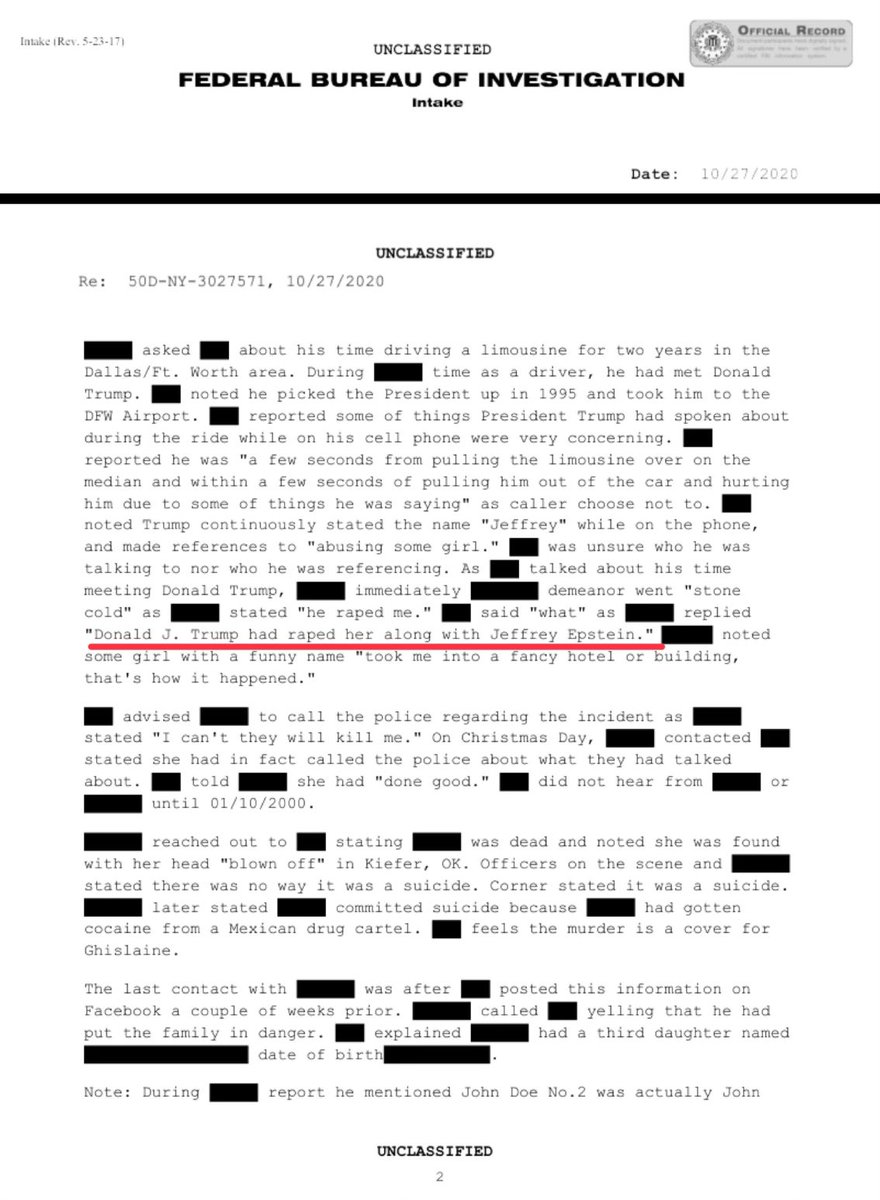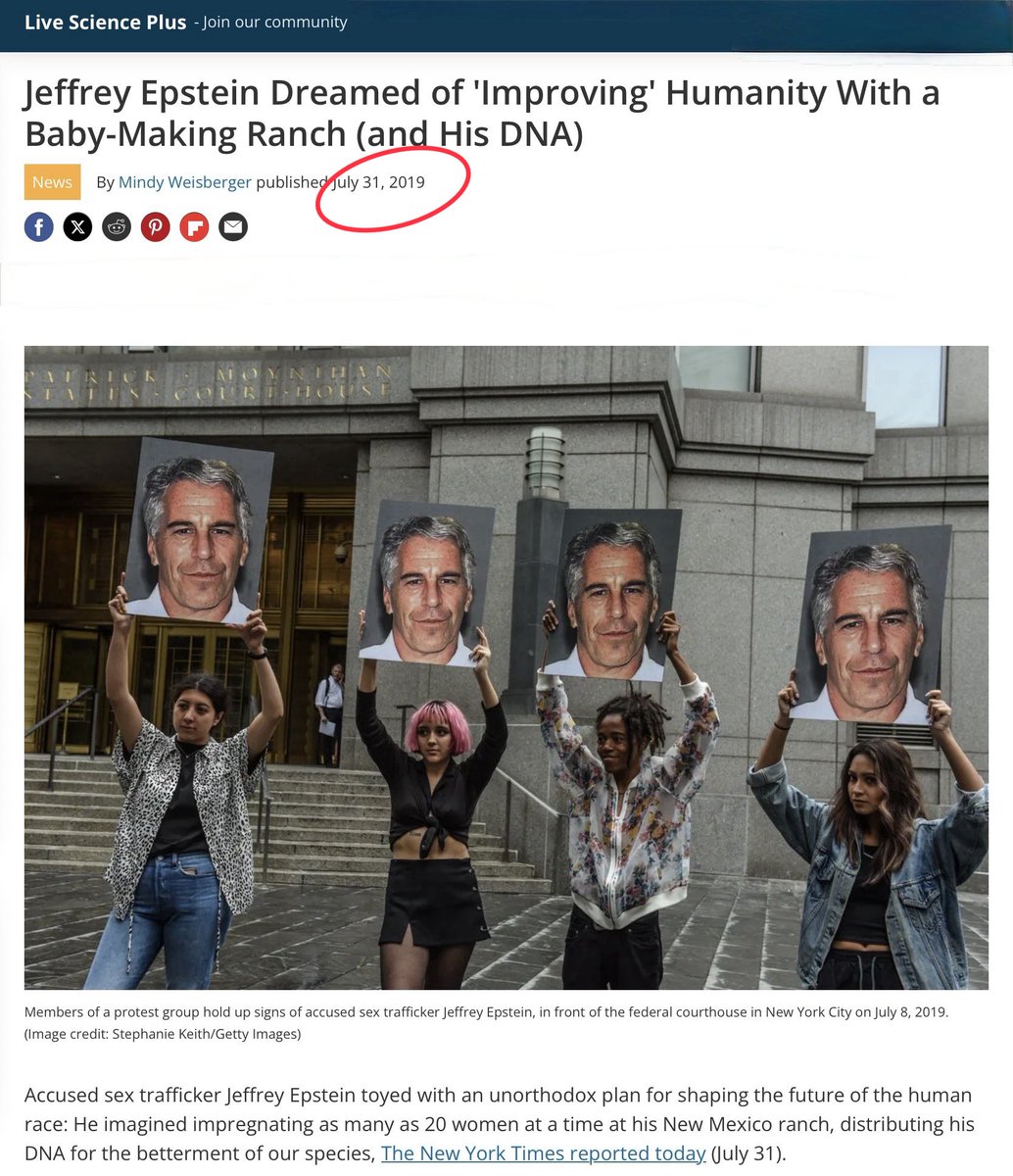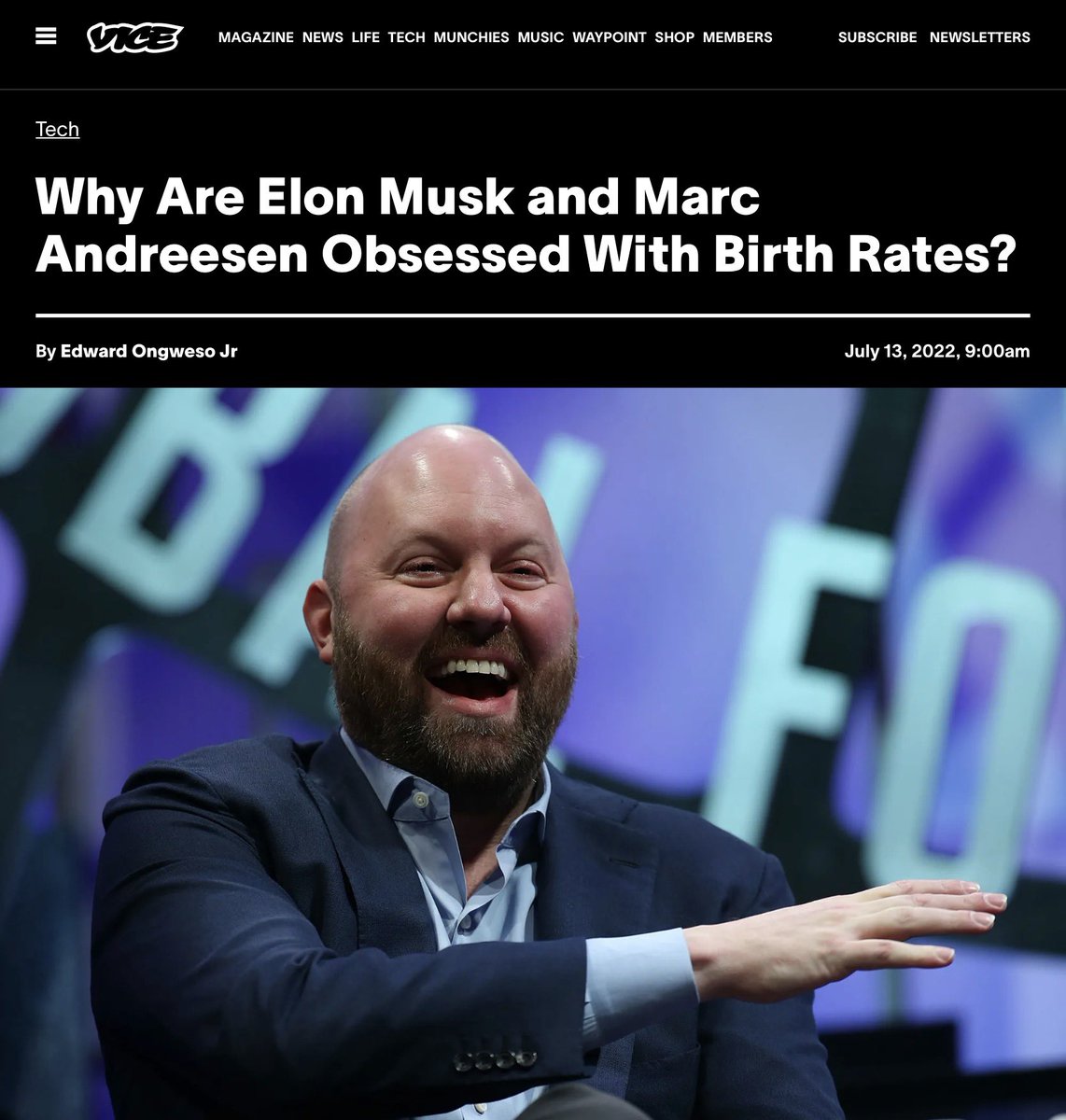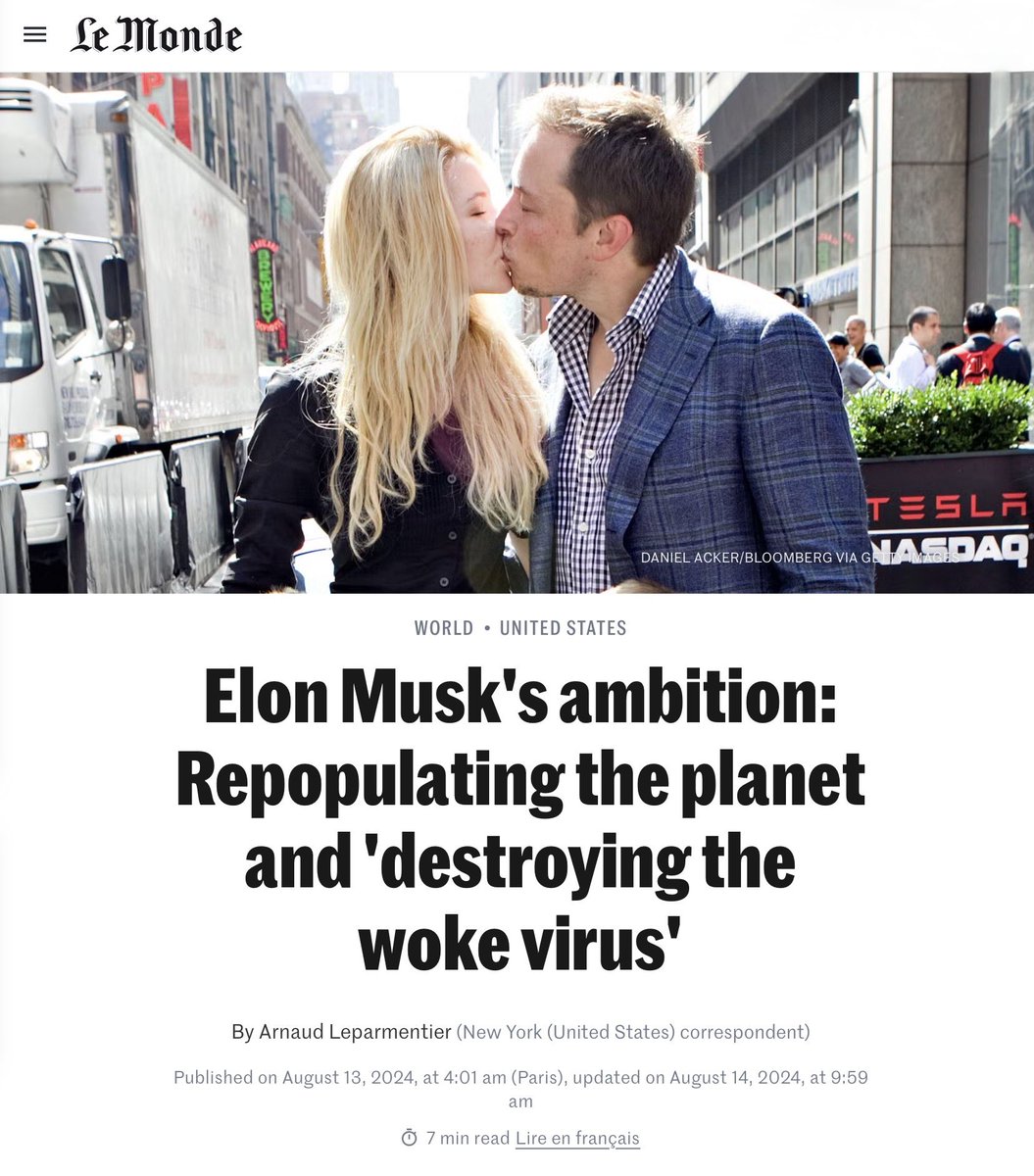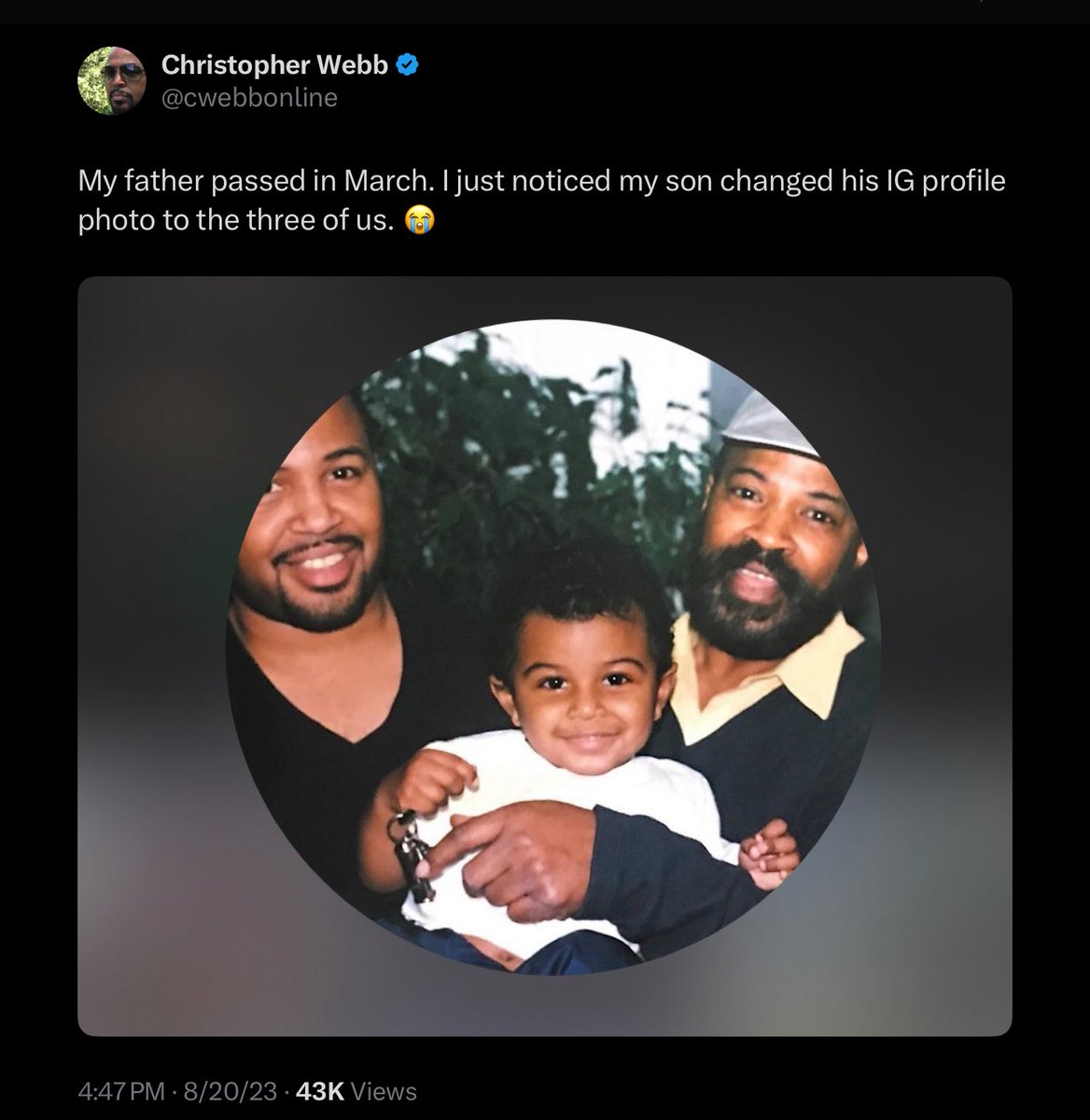Art Can Change The World…
A VISUAL 🧵
I just visited #MOCO Amsterdam and wanted to share some of my experience. If you like modern art, have a 👀 — maybe over morning coffee or an afternoon glass of wine.
Starting with my favorite piece of the day.
“The Gun Chronicles” A story… twitter.com/i/web/status/1…
A VISUAL 🧵
I just visited #MOCO Amsterdam and wanted to share some of my experience. If you like modern art, have a 👀 — maybe over morning coffee or an afternoon glass of wine.
Starting with my favorite piece of the day.
“The Gun Chronicles” A story… twitter.com/i/web/status/1…
Another favorite…
“The Future Is Old”
[artist: The Kid 2018-2019]
Part of his series sparked by the 2017 events in Charlottesville.

“The Future Is Old”
[artist: The Kid 2018-2019]
Part of his series sparked by the 2017 events in Charlottesville.


This was my daughter’s favorite.
“Ruth Walking in Ball Gown”
[artist: Julian Opie 2008]
“Ruth Walking in Ball Gown”
[artist: Julian Opie 2008]
“The Battle of the Beanfield”
[artist: Banksy 2009]
I think I would have liked the pink flowers.
🔈 up twitter.com/i/web/status/1…
[artist: Banksy 2009]
I think I would have liked the pink flowers.
🔈 up twitter.com/i/web/status/1…
“Love Is In the Air”
[artist: Banksy 2003]
Forward thinking and before its time.
“The Flower Thrower is a giant f* ck YOU”

[artist: Banksy 2003]
Forward thinking and before its time.
“The Flower Thrower is a giant f* ck YOU”


“Moon”
[artist: Vexx 2022] twitter.com/i/web/status/1…
[artist: Vexx 2022] twitter.com/i/web/status/1…
“Dream”
[artist: Icy and Sot 2018]
Brothers, Iranian and international artists
🔈 up twitter.com/i/web/status/1…
[artist: Icy and Sot 2018]
Brothers, Iranian and international artists
🔈 up twitter.com/i/web/status/1…
• • •
Missing some Tweet in this thread? You can try to
force a refresh








